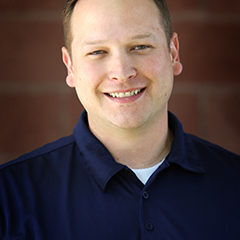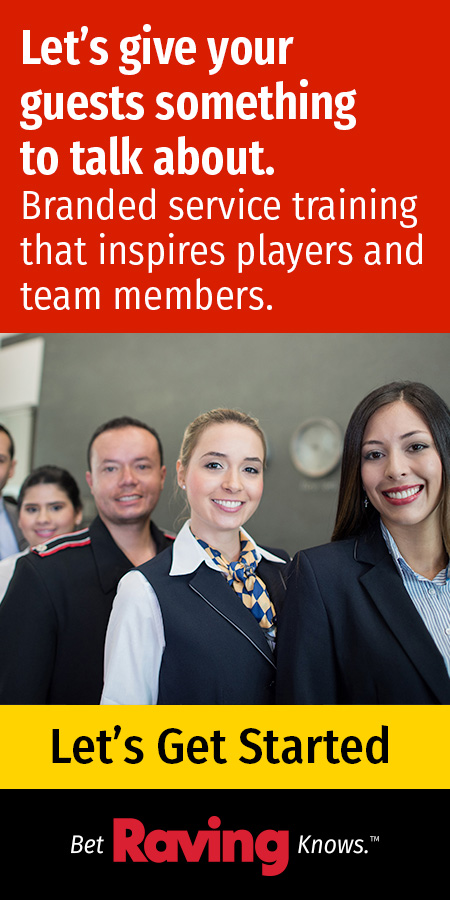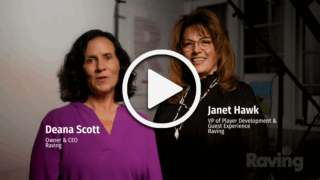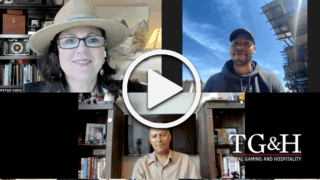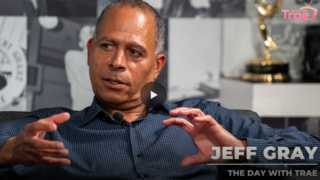
Hosts and player development teams are an essential part of any property’s success, but how much of their time is actually spent having human-to-human interactions with guests?
At this July’s Host Development Conference, fellow Raving Partner, Janet Hawk, said, “It’s not about how many calls you make or how many appointments you set or how many hours you work in a week, it’s about how many player trips you drove. How you get there is up to you.”
Is your PD strategy about driving more trips or about making a certain amount of calls? They’re not the same.
I recently visited with a host team that spent the majority of their time in an office facilitating reports, coordinating hotel rooms, and answering inbound calls. They were not out on the casino floor doing what they do best. Everyone on the team had a schedule that they typically followed each day, and they confessed that they did not have the time to break away and get out to see guests as often as they would like.
This team wasn’t much different from others that I’ve met with over the years. The thing I’ve noticed about most player development teams is that they’ve become distracted by mundane tasks – self- inflicted or imposed by a manager – and have lost focus with what player development is all about: building lasting relationships with their guests. These relationships are built with human-to-human interactions and through conversation and interface.
You probably have a marketing strategy in place, but the same tactics are often repeated month after month. How many times do you send out a direct mail piece, email, or text message in an attempt to engage with a guest? Marketing is an irreplaceable aspect of Player Development, but it can only do half of the job. The other half is to make a personal connection. Having met with multiple player development teams across the country, I’ve come to realize they all have one thing in common: lack of ability to consistently connect with their guests in a personal way.
What can you do to free up your team to make those human interactions with your most valued players? Finding the right balance between office time, making reservations, and booking special events is key. The most effective player development programs that I’ve seen create a “semi-hosted” model so that more guests get that human interaction through conversation while still focusing on the face-to-face interactions.

